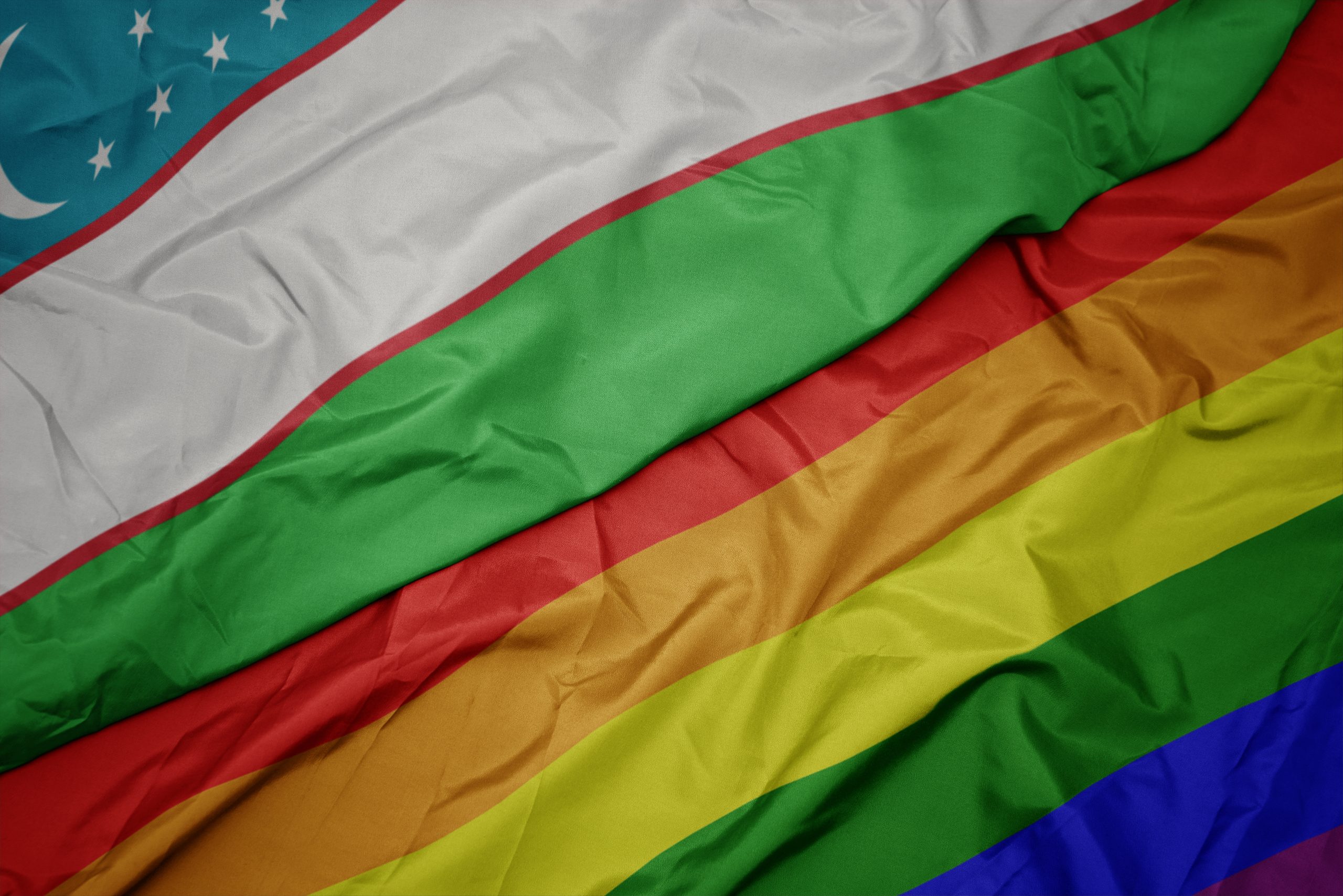Uzbekistan: Reforms Evade LGBTQ Community
On March 28, Miraziz Bazarov, a Tashkent-based blogger who had advocated for the decriminalization of homosexuality in Uzbekistan, was attacked by unknown assailants. While they did promise to investigate, the authorities also claimed he had brought the assault upon himself by posting videos that “humiliate our national culture.”
Hours earlier, a mob of anti-LGBTQ protesters had broken up a meeting for fans of Japanese anime and Korean pop music organized each week by Barazov in Uzbekistan’s capital city. Protesters claimed the event promoted LGBTQ rights, which they said was against morality, national values, and Islam. A few days later, in a public announcement, Komil Allamjonov, chairman of the Public Foundation for Support and Development of the National Mass Media, proclaimed LGBTQ rights to be inherently wrong for Uzbekistan. He claimed that decriminalizing homosexuality in the country would result in more mob violence. Allamjonov appealed to the media and bloggers to stop reporting on the LGBTQ issue as it tarnishes Uzbek morality and could corrupt young people.
Under the leadership of President Mirziyoyev, who has ruled the country since 2016, Uzbekistan has experienced some political, economic, and social reforms, particularly in the realm of media, business, as well as with regard to the issue of forced labor. However, most of these perceived reforms have failed to provide serious democratization. One glaring example of their failure to liberalize society is their lack of reforms designed to improve the lives of the LGBTQ community.
Uzbekistan, along with Turkmenistan, are the only countries in the region that still criminalize homosexuality. In Uzbekistan, under the current criminal code article 120 besoqolbozlik (literally: sex with a handsome beardless boy), homosexuality is classified as a crime, with a punishment of fines and up to three years in jail. Article 120 criminalizes sexual acts among men regardless of their ages. While article 120 has rarely been enforced in recent years, it has created the foundation for politicians and citizens alike to condemn the LGBTQ community and fuel rampant homophobia. This has led to many crimes against gay individuals, including the horific murder of a young gay man in 2019.
This all comes at a time when Uzbekistan is in the process of updating its criminal code. It is most likely that the government will retain the criminalization of homosexuality, while introducing problematic terminology. Under the proposed article 154, homosexuality is now coded as a crime against “family, children, and morality.” This terminology is even more worrisome as it places homosexuality directly at odds with Uzbek morality and family life, which has the potential to further increase homophobia and worsen the conditions of the LGBTQ community. Member of the Parliamentary Legislative Chamber of Uzbekistan Rasul Kusherbayev recently said he would reform all human rights in Uzbekistan, except for those that are against human nature and that he “spits” on the right of the LGBTQ community to live equally and freely. A statement released by deputy of the Legislative Chamber of the Oliy Majlis (Parliament) of Uzbekistan Alisher Kadyrov said “We will do everything in our power so that Uzbekistan becomes a country where LGBT people cannot live.”
Until these policies are repealed, the international community should not congratulate Uzbekistan on any advancement in human rights. Uzbekistan’s election into the Human Rights Council for 2021-2023 should not be taken seriously until its policies toward the LGBTQ community significantly improve. As the recent anti-LGBTQ mob violence demonstrates, Uzbek politicians are not willing to address this issue, instead relying on the trite argument that defending LGBTQ rights runs counter to national values. In a country like Uzbekistan, where values are distilled from the government to the people, Tashkent’s political elite need to understand the importance of protecting minority rights and signaling to the general public that such actions are not against Uzbek identity. It should go without saying, but gay individuals should receive the same rights and protections as their heterosexual counterparts. Democractic countries and institutions are obligated to defend the inhumane treatment of LGBTQ individuals in Uzbekistan, even if individuals like Allamjonov insist that Western nations should not interfere.
Anvar Latipov is a New York-based Uzbek LGBTQI activist. His Twitter handle is @anvar_latipov.
Ryan Schweitzer is a research assistant at the Oxus Society for Central Asian Affairs. He is a graduate of Columbia University and a former Fulbright research student in Uzbekistan.

